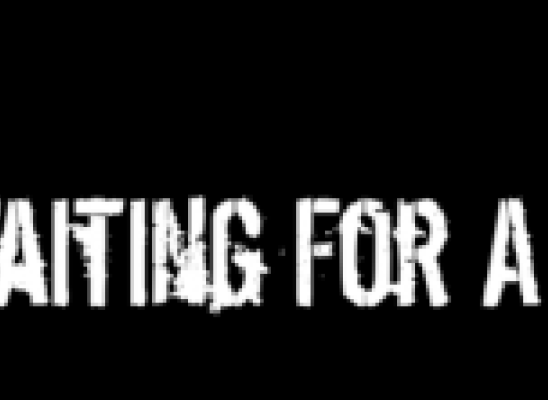Hair - A Spoken Word Piece about Trichotillimania
Online test
Find out the severity of your symptoms with this free online test
Anu Elizabeth Roche is a Mumbai based poet, mother, wife, and member of spoken word poetry band Mental Heads who suffers from trichotillomania. Anu Elizabeth’s poem titled “Hair” was recently discovered by “Mind of India” and has gone viral since. Her motivations behind writing the poem were simple, she wanted to raise awareness of the compulsive hair pulling disorder.
I want to destroy the silence and ignorance surrounding this condition, and spreading awareness is a viable solution”.
Do I Have Trichotillomania?Check the severity of your hair pulling symptoms with this free online test
Widely Experiences, Little Known
For some people, trichotillomania is a mild problem, merely a frustration. But for many, shame and embarrassment about hair pulling causes painful isolation and results in a great deal of emotional distress, placing them at risk for a co-occurring psychiatric disorder, such as a mood or anxiety disorder or even depression. Hair pulling can lead to great tension and strained relationships with family members and friends. Furthermore it can lead to the affected socially isolating themselves because they fear talking and opening up about the disorder. Trichotillomania suffers have gone for many years without adequate information about their condition, or appropriate treatment. Consequently, the one symptom that most people with TTM share is shame.
Online Test for Hair Pulling
How Severe is Your Hair Pulling Disorder? Find Out With This Free Online Test
Take the testExpressions of pain through the spoken word
In her poem Anu Elizabeth Roche expresses her painful struggles with trichotillomania. She spells exactly what the sensations are within her body when she feels the urge to pluck hair.
For a long time my Trich was just this weird thing I did which I "should stop" according to family and friends. For even longer I didn't even know what it was called. But knowing its name was the first step to an ongoing recovery”.
It is simply not enough to speak about the disorder only on trichotillomania awareness month. People tend to judge compulsive hair pulling suffers because they do not have knowledge about the disorder, the only way to encourage more medical research for trichotillomania is by speaking out and knowing that collective effort always attains better results. Speaking up about trichotillomania means that you have an opportunity to help educate someone about this common, yet frequently misunderstood condition.
Online test
Find out the severity of your symptoms with this free online test
Start your journey with TrichStop
Take control of your life and find freedom from hair pulling through professional therapy and evidence-based behavioral techniques.
Start Now



